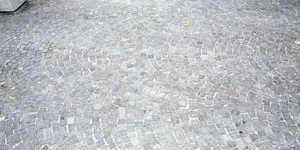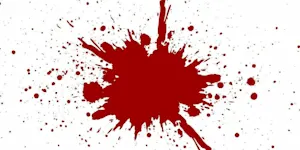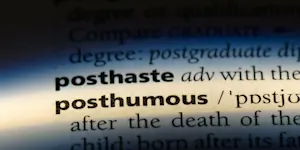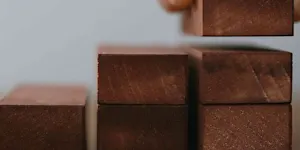What Makes This Word Tick
Fancy, isn't it? "Bijou" is one of those delightful words borrowed from the French, meaning "jewel" or "small, elegant item." In the English language, its usage has extended to describe anything small and exquisite. Picture a quaint little teapot or a cozy corner apartment with the right touch of charm—that's your "bijou."
If Bijou Were a Person…
If "bijou" were wandering our world, it would likely be that elegant and unassuming friend who always finds fascinating items at flea markets. Perhaps they'd dress in silk scarves and sport a pair of vintage glasses, always eager to share a charming tale over a cup of tea in their carefully curated living room.
How This Word Has Changed Over Time
Since its entrance from French into the English language in the late 17th century, "bijou" hasn't strayed far from its original sense. It has maintained its association with gems and fine things but has broadened slightly, especially in British English, to encompass anything small and charming.
Old Sayings and Proverbs That Use Bijou
While no ancient proverbs sprang forth bearing "bijou," the word would find a comfortable nook within any saying referring to precious things in small packages. Think of "good things come in small packages," and you see where "bijou" fits snugly.
Surprising Facts About Bijou
Did you know that there are cinemas called "Bijou," celebrated for their cozy atmospheres? These bijou theaters, with their intimate and artsy vibes, offer a unique viewing experience—and are aptly named, if you ask me!
Out and About With This Word
In architecture and real estate listings, "bijou" is often the word chosen to label small yet desirable and stylish living spaces. These aren't just any tiny homes; they're designed with elegance and functionality that make "bijou" the perfect descriptor.
Pop Culture Moments Where Bijou Was Used
You might recall the name from the actress Bijou Phillips, whose own moniker reflects her connection to a famous and artistic family. The name adds a layer of allure, doesn't it? It suggests a bit of sparkle, just like the gem.
The Word in Literature
"Bijou" tends to appear in literature where elegance and sophistication are at play, like in descriptions of opulent salons or lively parties in lavish novels. Its presence sets a scene immediately, conjuring up an atmosphere rich with detail.
Moments in History with Bijou
One could say that Marie Antoinette’s penchant for elaborate jewelry was quite bijou in its obsession with opulence on a miniature scale. Or consider Napoleon III's era, with its flourishing arts and beautifully detailed crafts, thriving on the essence of "bijou."
This Word Around the World
While "bijou" in its true form remains mostly within French and English-speaking pockets, the concept of a small, valuable item translates as "joia" in Portuguese or "gioiello" in Italian, both carrying similar connotations of elegance and delicacy.
Where Does It Come From?
Our dainty word "bijou" hails from Brettonic (a Celtic language) roots via the Old French "bijou," illustrating how historical language trading often brought such pieces of linguistic luxury into English.
How People Misuse This Word
Some might slap "bijou" on anything small, neglecting the elegance the word evokes. It’s not just any petite object but one with a tasteful allure. Sorry, but that rusty old car? Not quite bijou.
Words It’s Often Confused With
Gem: Both suggest something precious or charming but "bijou" carries a touch of French elegance.
Bauble: Often denotes a trinket with less value than a bijou, leading to confusion in descriptions.
Trinket: Like a bauble, it implies lesser value; a bijou suggests higher craftsmanship or style.
Additional Synonyms and Antonyms
Synonyms include "jewel," "ornament," and "treasure." Antonyms would lean towards "bulk" or something more mundane like "clunker."
Want to Try It Out in a Sentence?
"Her bijou apartment, though modest in size, was a sanctuary of elegance with its exquisite furnishings and charming décor."
















